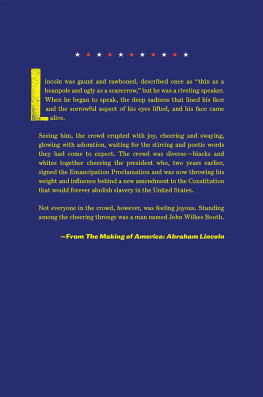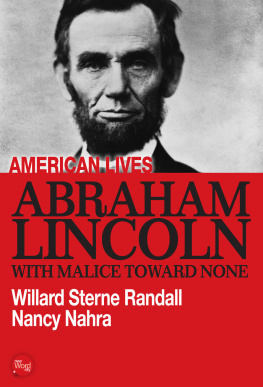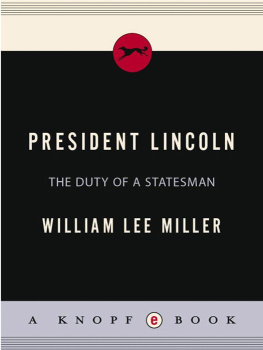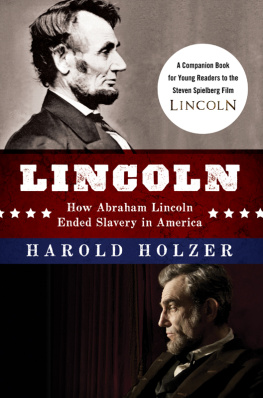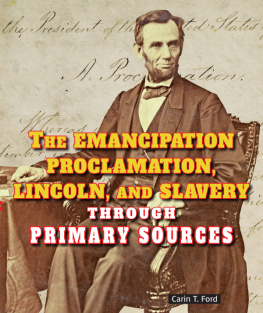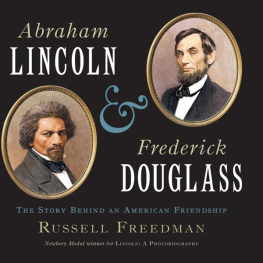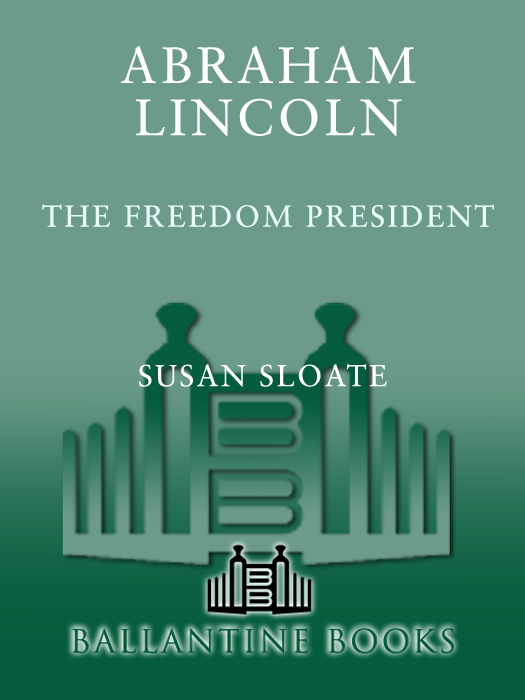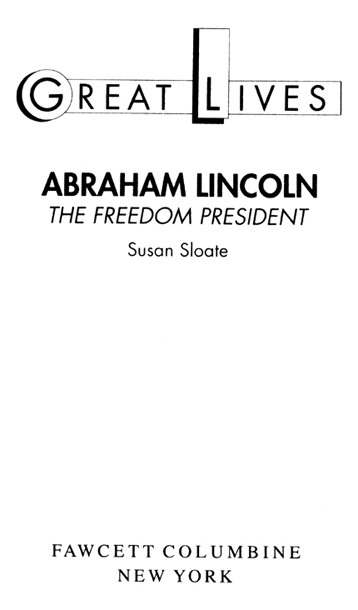Great Lives biographies shed an exciting new light on the many dynamic men and women whose actions, visions, and dedication to an ideal have influenced the course of history. Their ambitions, dreams, successes, and failures, the controversies they faced and the obstacles they overcame are the true stories behind these distinguished world leaders, explorers, and great Americans.
Other biographies in the Great Lives Series
CHRISTOPHER COLUMBUS:The Intrepid Mariner
JOHN F. KENNEDY:Courage in Crisis
SALLY RIDE:Shooting for the Stars
HARRIET TUBMAN:Call to Freedom
MIKHAIL GORBACHEV:The Soviet Innovator
A special thanks to educators Dr. Frank Moretti, Ph.D., Associate Headmaster of the Dalton School in New York City; Dr. Paul Mattingly, Ph.D., Professor of History at New York University; and Barbara Smith, M.S., Assistant Superintendent of the Los Angeles Unified School District for their contributions to the Great Lives series.
A Fawcett Columbine Book
Published by Ballantine Books
Copyright 1989 by the Jeffrey Weiss Group, Inc.
All rights reserved under International and Pan-American Copyright Conventions. Published in the United States by Ballantine Books, a division of Random House, Inc., New York, and simultaneously in Canada by Random House of Canada Limited, Toronto.
Library of Congress Catalogue Card Number: 89-90822
eISBN: 978-0-307-77582-5
v3.1
For middle school readers
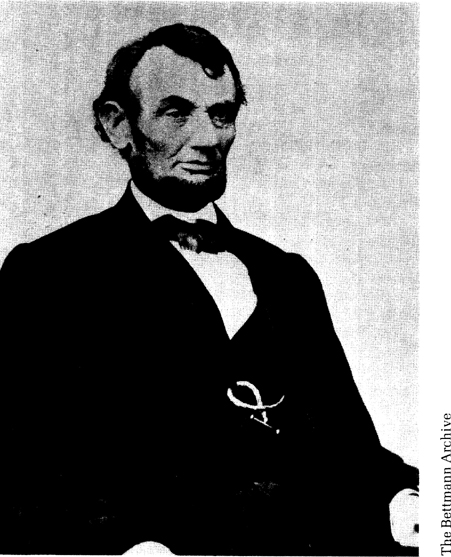
Abraham Lincoln was the first president to be assassinated, the first president born in Kentucky, the first and only president to have a patent, the first president to have a heard, and the first Republican president. This photograph by Matthew Brady was used for the engraving of Lincolns head on the five-dollar note
TABLE OF CONTENTS
Chapter 1
A Murder Plot in Baltimore
Chapter 2
Boy in the Wilderness
Chapter 3
Doing a Mans Work
Chapter 4
First Love and Legal Career
Chapter 5
Marriage and Family Life
Chapter 6
Entering National Politics
Chapter 7
The Path to the Presidency
Chapter 8
The North Against the South
Chapter 9
Turning the Tide at Gettysburg
Chapter 10
Ending the Civil War
Chapter 11
Assassination at Fords Theatre
Chapter 12
Justice for the Assassins
Chapter 13
The Aftermath of Lincolns Death
Epilogue
Lincolns Legacy
Appendix
Unanswered Questions
1
A Murder Plot in Baltimore
L IKE MANY MURDER plots, this one began with a whisper and a boast.
The whisper of discontent came from many Southerners who were enraged at the results of the 1860 presidential election. Abraham Lincoln, a Republican and a Northerner, had been elected president of the United States. Though Lincolns anti-slavery platform had helped him narrowly win the election by carrying the vote in the Northern states, his popularity was sharply limited. As news of Lincolns success spread through the country, pro-slavery Southerners angrily cried that his election as the sixteenth president of the United States would mean civil war! The states of the South would never accept Abraham Lincoln, an abolitionist, as their president!
The boast of a plot to assassinate President Lincoln came from the lips of a man named Sipriano Fernandino. He was the house barber at Barnums Hotel in Baltimore, Maryland. Like many Southerners, he had been increasingly angered by pressure from Northerners to free the Southern black slaves and to prevent the spread of slavery into western territories which would soon become states. Fernandino believed the entire economic system of the South would collapse if it were forced to give up slave labor. Wealthy plantation owners counted on black slaves to work in their large cotton, rice, and tobacco fields, and they feared the cost of non-slave labor would destroy their profits.
Many Southerners believed that the eleven states which made up the South, and later the Confederacy, would have to secede from or leave the Union, and form a separate country in order to continue slavery. If the South were to secede, the United States would then consist of the eighteen remaining free Northern states which did not allow slavery.
Heated debates erupted in barrooms and parlors about the best way to preserve the Souths traditional way of life. There was an intense rivalry between the industrial North and the agricultural South. Some Southerners quietly agreed that killing President-elect Lincoln before he took office was the solution to maintaining slavery in the South.
Fernandino spoke to many such troublemakers in the weeks following Lincolns election. Eventually Fernandino met with a wealthy, aristocratic older man who represented a number of other people like himself. These men seriously believed that a Lincoln presidency would spell disaster for the Southern way of life, and they wanted to prevent Lincoln from taking office in March 1861.
Fernandino boasted that he was just the man to solve the Souths problems of the newly elected president. The barber assured the wealthy man that the South would not have to take such a drastic step as seceding from the Union. With a handpicked band of men, Fernandino said he could destroy Marylands railroads and kill President Lincoln, too. Then Washington, the nations capital, would be in Southern hands and the North, without a leader, would be crippled. There would be no need for further bloodshed, and the South would be free to continue as it always had.
The wealthy man and his friends felt that Fernandinos boast made sense. They wanted to avoid bloodshed as much as possible, but they also wanted to stop a president who would free the slaves and thereby devastate the Souths economy. The men offered Fernandino their financial support, but insisted on remaining in the background. Fernandino, delighted with a job that he felt would make him a hero, began to recruit men for the sinister murder plot. Fortunately for President-elect Abraham Lincoln, the barber was careless in his recruiting.
Though Fernandino was careful to tell potential co-conspirators only that they would help to destroy the Maryland railroads, word of the planned murder began to leak out. A railroad worker with Northern sympathies heard of the plot and reported it to his superiors. These men in turn reported their knowledge of the plot to a railroad detective named Allan Pinkerton, a Scotsman who guarded trains for the Philadelphia, Wilmington, and Baltimore Railroad.
When Detective Pinkerton heard about the plot to attack the railroads and kill Lincoln, he immediately dispatched several of his best agents to Baltimore, Maryland to find out more about Fernandinos plan. Pinkertons men, working under assumed names, pretended great sympathy for the South as they chatted with other customers at the bar in Barnums Hotel. The secret agents declared that they were ready to defend the South to the death.


